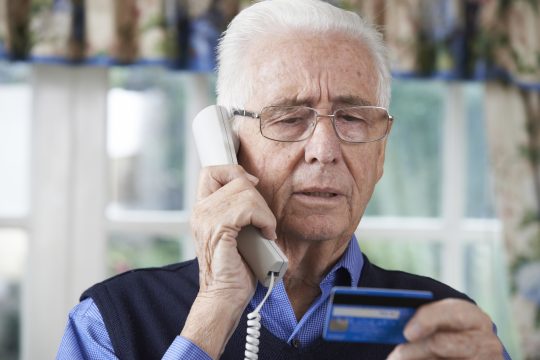
“Anyone who has a phone is a potential victim”
That comment from the Florida Department of Agriculture and Consumer Services’ September newsletter pretty much sums up why you should be concerned about the proliferation of telemarketing scams and the constant barrage of unsolicited telephone calls. You know, those calls that at the least interrupt your leisure time or, at the worst, expose you to a variety of nasty scams intended to rob you of your financial resources. It’s not a new problem, but it is a growing problem, and it’s one that there are steps you can take to at achieve at least some measure of protection.
The newsletter discusses the Department’s Consumer Education and Outreach efforts, and provides instruction on subscribing to the Florida Do Not Call List, along with a set of criteria you can use when dealing with telemarketers. Although these comments and guidelines are specific to Floridians, most (if not all) states have similar watchdog-type services dedicated to this area. To find them, search you webpages maintained by your state agencies, using terms like “telemarketing,” “telephone fraud,” “scam prevention,” and so on. It’ll be time well spent! Check out Florida Department of Agriculture and Consumer Services’ September newsletter by clicking on the link below…

My wife is getting phone calls saying her Social Security may have been compromised, and to call a certain number right away. I don’t trust them. Does SSA notify people of fraud by phone, anyway?
Richard:
Generally, SSA will never place an unsolicited call to you, nor do they contact you via telephone. Their policy is to correspond via letter if there is a problem with your account. SSA’s official statement on this matter can be viewed here: https://faq.ssa.gov/en-us/Topic/article/KA-10018.
Our advice is to ignore these calls, and to definitely not call the number provided. They are fraud situations.
Thanks for contacting us…stay safe, stay vigilant.
Gerry Hafer
AMAC Foundation, Inc.